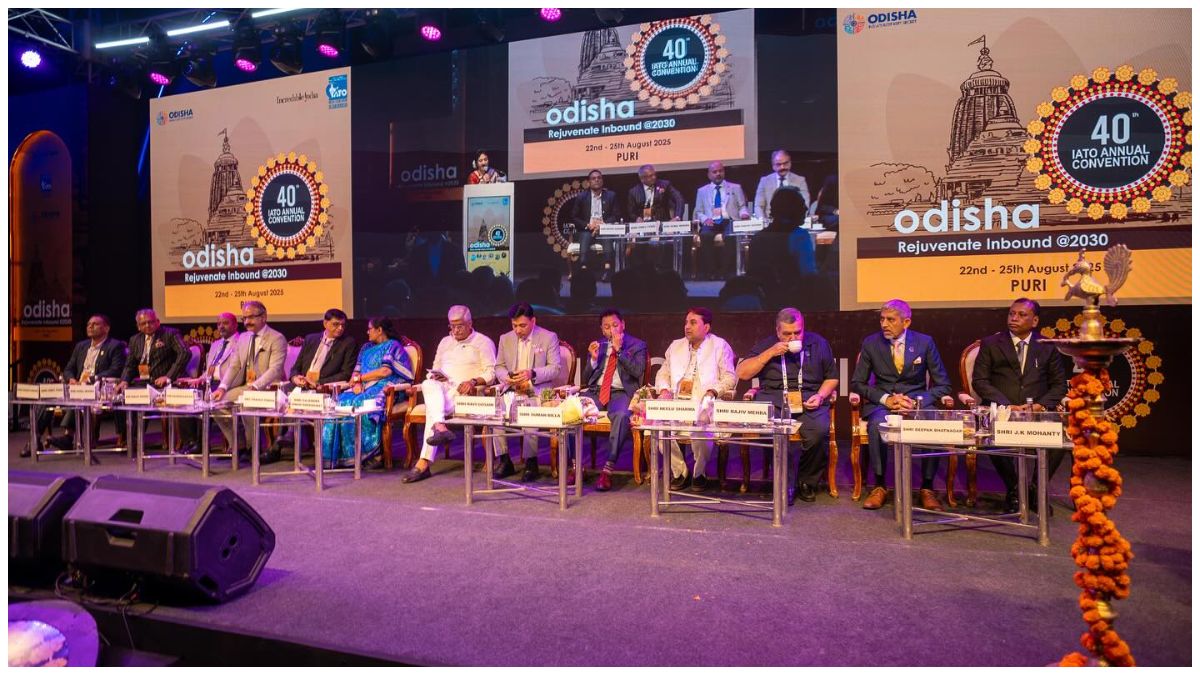The Village That Checkmated Alcoholism with Chess
Marottichal, Kerala- Not too long ago, this quiet village on the edge of a forest in northern Kerala was known more for its illicit liquor and gambling than anything else. The kind of place where bootleg stills outnumbered books. But that story is long over. Today, Marottichal holds the Asian record for the most people playing chess at once.
And here’s the thing: this turnaround didn’t come from government bans or rehab centers. It began with a teenager, a chessboard, and a stubborn belief that people can change.
In the 1970s, a 16-year-old boy named C. Unnikrishnan got obsessed with Bobby Fischer. He devoured everything he could about chess, even traveling to nearby towns to learn both the Indian classic chaturanga and the modern game. Years later, he returned to Marottichal a village then drowning in alcohol to open a teashop. But he brought more than tea. He brought chess.

Unnikrishnan began teaching the game to his customers. At first, it was just a distraction. Then it became a discipline. Eventually, it became a replacement.
“There was no space to play cricket or football rubber plantations everywhere,” he once said. “But a chessboard? That fits on any table.”
Meanwhile, local women had already started pushing back. They quietly tipped off police about illegal brewers. An anti-alcohol group Madhya Nirodhana Samiti was gaining steam. Unnikrishnan’s chess movement clicked right into this growing resistance. Together, they gave people a new kind of high: strategy, patience, focus, and purpose.
Fast forward to today Marottichal lives and breathes chess. The bus stop is less a transit point and more a public arena, where impromptu matches draw small crowds. Bus drivers challenge conductors before their routes. Shopkeepers play between sales. And on Sundays, Unnikrishnan’s house turns into a buzzing community chess hall, with games played across every surface veranda, benches, floors.
A local survey found that two-thirds of Marottichal’s 6,000 residents play chess daily. Children at the local school pick up the game within days and bring boards from home to play during lunch breaks. The community now wants chess formally added to the school curriculum.
Even as Kerala’s liquor laws spark endless debate elsewhere, Marottichal has quietly solved the problem its own way. International researchers and curious tourists from Germany and the US have visited, drawn by this grassroots success. And if you think smartphones are eroding that culture, peek over a teen’s shoulder you’ll probably catch them mid-battle in an online chess app.






